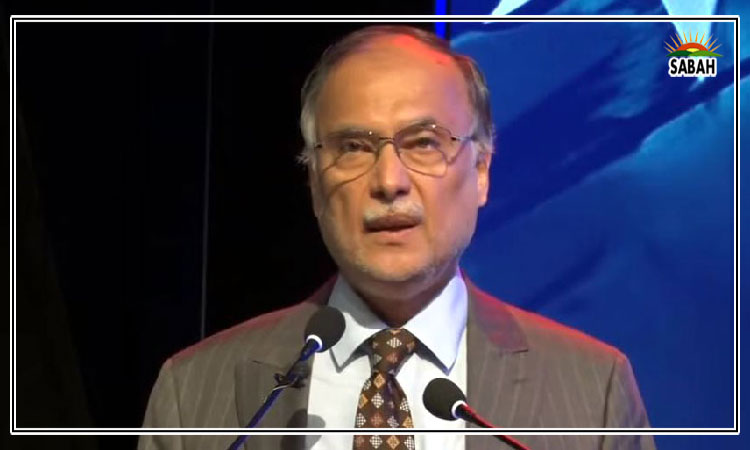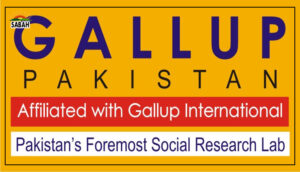Majority of the population utilized wood as their source of cooking fuel (57.85%) in 2017, followed by Gas (37.92%): Gallup Pakistan
ISLAMABAD, July 24 (SABAH): Majority of the population utilized wood as their source of cooking fuel (57.85%) in 2017, followed by Gas (37.92%) – Sources of Cooking in Punjab– Provincial Census Report Punjab 2017.
\Comparison Between 1998 and 2017: In 1998, 68.30% of the population utilized wood as their source of cooking fuel- which is 10.45% more than the percentage in 2017 (57.85%). However, this difference may be arising due to the uptake in the percentage of housing units utilizing gas in 2017 (37.92%), which increased by 20.25% since 1998 (17.67%).
Rural/Urban Breakdown: As of 2017, significantly more housing units in rural areas appear to rely on wood (80.70%), with only 14.94% of the housing units utilizing gas. The opposite is true for urban areas, with 76.29% of the housing units relying on gas, and only 19.70% utilizing wood.
Gallup Pakistan, as part of its Big Data Analysis initiative, is looking at sources of cooking in Punjab. This data is part of a publication called the ‘Provincial Census Report Punjab’.
What is the Big Data Analysis Series by Gallup?
Gallup Pakistan’s Big Data series was started by Bilal Ijaz Gilani, Executive Director of Gallup Pakistan. Bilal explains the rationale of the series: “The usual complaint from academics and policy makers is that Pakistan does not have data availability. Our experience negates that. Pakistan has lots of data, but it is not available in a usable form and not widely accessible. At Gallup we plan to bridge this gap in terms of accessibility and use of data. The Gallup Big Data series has earlier worked with data sets such as PSLM, Labour Force Survey, and Economic Survey reports as well as National Census Reports and Election Commission Data sets. The current series is using the Provincial Census Report Punjab, which seldom has data points not covered in many other reports. We hope that these series are useful, and we welcome both feedback as well as possible collaborations as we create a public good in the form of useful data sets in Pakistan.”
For more survey data, see website www.gallup.com.pk
Disclaimer: Gallup Pakistan is not related to Gallup Inc. headquartered in Washington D.C. USA. We require that our surveys be credited fully as Gallup Pakistan (not Gallup or Gallup Poll). We disclaim any responsibility for surveys pertaining to Pakistani public opinion except those carried out by Gallup Pakistan, the Pakistani affiliate of Gallup International Association. For details on Gallup International Association see website: www.gallup-international.com
Disclaimer: The views and inferences expressed in the article are that of the author himself and Gallup Pakistan does not take any responsibility in this regard. This series, and many such initiatives, are internally funded by Gallup Pakistan and Gilani Research Foundation. No outside country or local funding has been received for this current activity.












